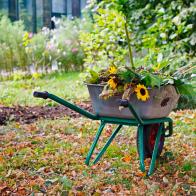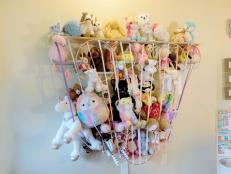1 / 10
Taxes
Did you know you’re supposed to keep seven years of tax filings? Yep, that’s right. Seven Years. Keep things organized and in the right place by using accordion folders to store each year’s tax return, along with supporting documents. As each year goes by, shred the return from eight years ago, and put the current year’s return in the accordion folder. A document box in a closet is a great place to store these, since you only touch them once a year.












